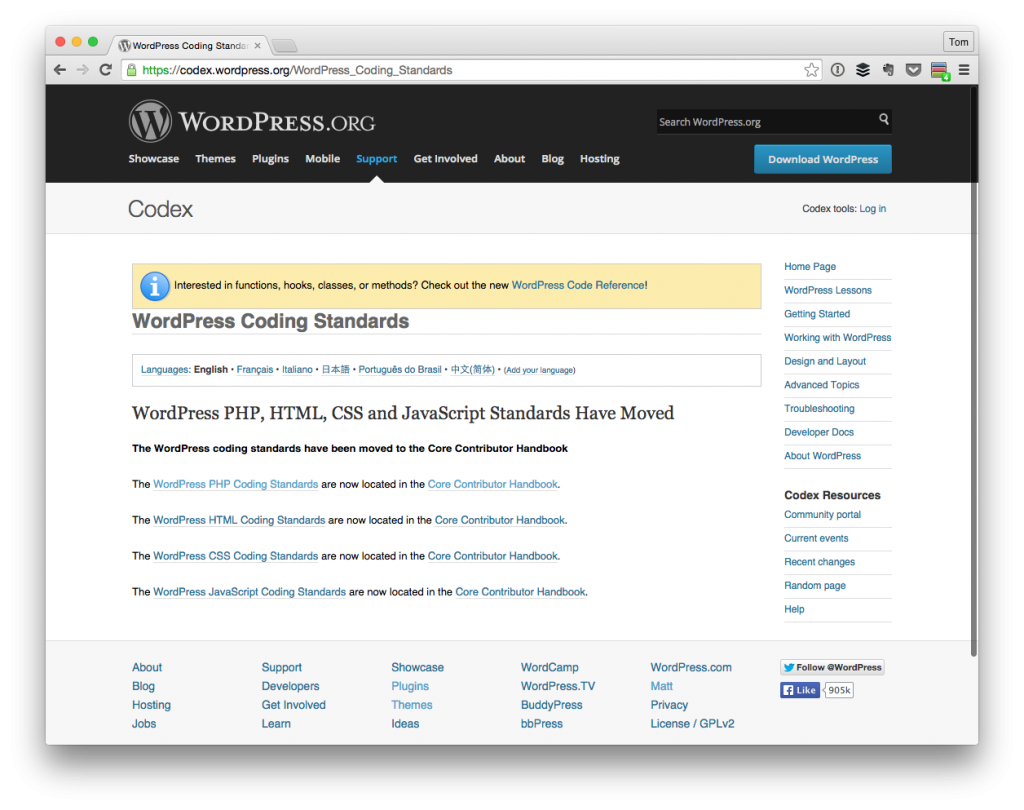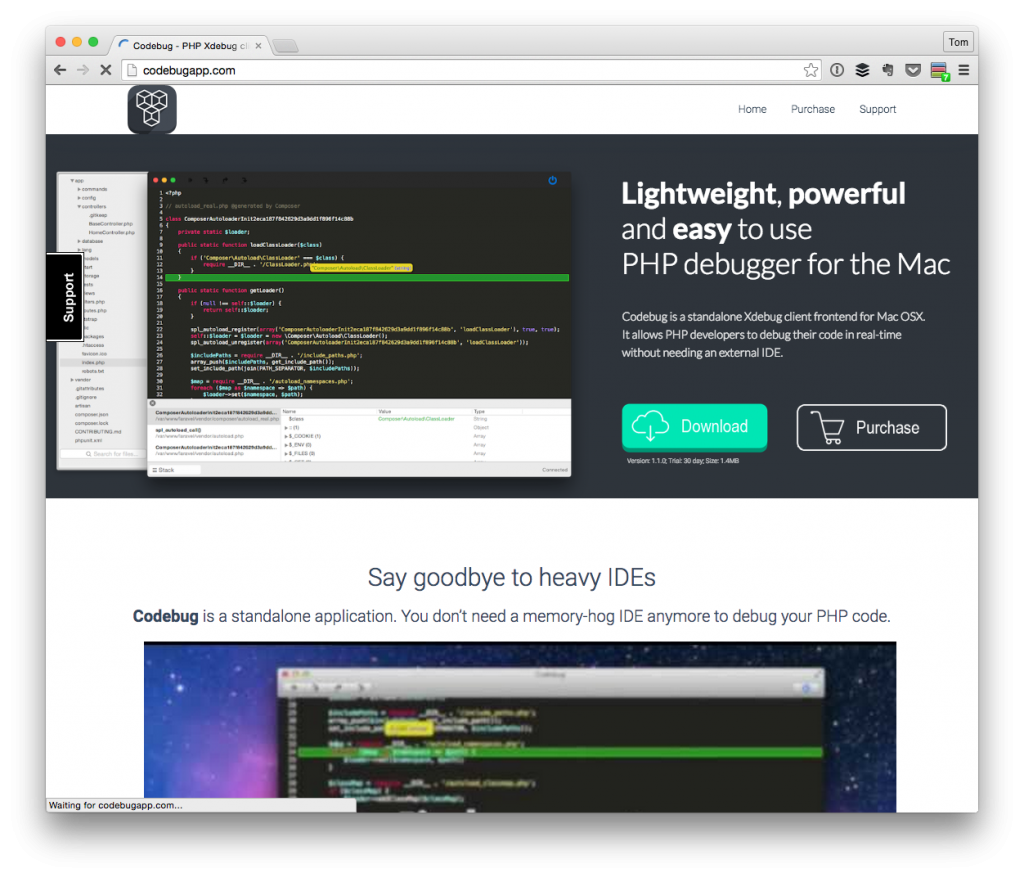For the last five or so years of my self-employment, a lot has changed. And I’m not talking about the technical landscape. I mean, that’s always changing, right?
But I’m talking about the way that I manage my time and the way that I get work done.
Unfortunately, the Internet has adopted this culture that allows everyone to share how they manage their time and then try to distill it into some type of step-by-step process that can be used by everyone.
That’s not the point of this post. I don’t operate that. I rarely subscribe to that advice, and I’m not going to be that guy.
Furthermore, I tend to ignore (and even reject) posts like that. We have many different personalities and so many variables that contribute to what we’re able to do, when we’re able to do it, and how we’re able to work that I don’t think it’s possible to actually distill something into a formulaic process.
Instead, I think it’s worth simply sharing ideas on what’s worked for ourselves and leaving it at that. This doesn’t mean that there aren’t some things we can borrow from others – because there is overlap in our personalities – but it also means that some of these posts are nothing more than informational pieces. And that’s fine.
So with that lengthy disclaimer out of the way, I thought I’d share some of the things that I currently do in order to manage by day-to-day tasks to get things done.
Anyway, here’s my first set of what’s to likely be more in posts that deal with confessions of a WordPress developer.
Continue reading


